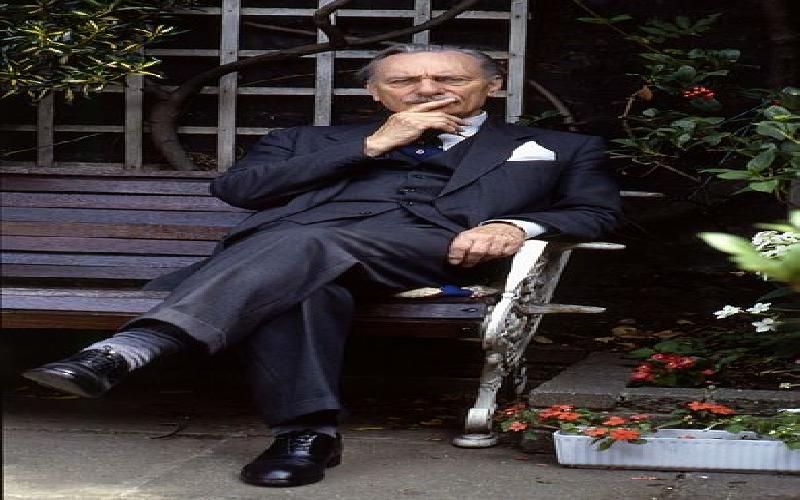British Author and Politician


Academic, author, and very controversial politician John Enoch Powell was born in Birmingham during 1912.
Supported by his proud parents Powell studied History and Classics at Cambridge University. It seems that in the 1930s that Enoch Powell wanted to be a professor all of his working life. Indeed he taught Ancient Greek at Sydney University for two years before the outbreak of war in 1939.
He served with distinction throughout the Second World War. Military service increased his interests in politics leading to his decision to stand for Parliament.
Powell would be in the House of Commons between 1950 and February 1974 as a Conservative, then from October 1974 to June 1987 as an Ulster Unionist.
He held minor government posts in the 1950s before serving as Secretary of State for Health between 1960 – 1963. However it was a speech in 1968 made concerning immigration that became infamous. The Rivers of Blood speech made him detested by the liberal minded and popular with Far Right groups such as the National Front.
Right wing papers such as the Sun and the Daily Mail remained keen on reporting his speeches and his views. The liberal and left wing papers like the Guardian and the Mirror were usually dismissive of whatever he said or did.
That speech meant that he could no longer hope to become a minister, and it was no surprise that he eventually left the Conservative party. Powell clashed with Edward Heath when the latter was party leader. Perhaps if Margaret Thatcher had succeeded Heath earlier Powell would not have joined the Ulster Unionists. Powell was a strong opponent of British membership of the EEC and promoted the leave campaign in 1975 alongside well known left wingers Tony Benn and Michael Foot.
He retired from politics in 1987 and went back to writing. Powell died in 1998.
Bibliography
Crystal D (1998) The Cambridge Biographical Encyclopedia
Lenman B (2004) The Chambers Dictionary of World History
Global warming and climate change are becoming more and more important in our society. They are both critically important and are at devastating risks to society.
College is an unforgettable, life-altering experience for most of us. It's a bumpy ride and you come out as a brand-new person by the end you graduate..
It is an enigma why the Indian army did not follow the path laid out by India's neighbors like Pakistan, Burma, and Thailand and continued to be a mute spectator even when India burned and its own privileges and perks were curtailed..